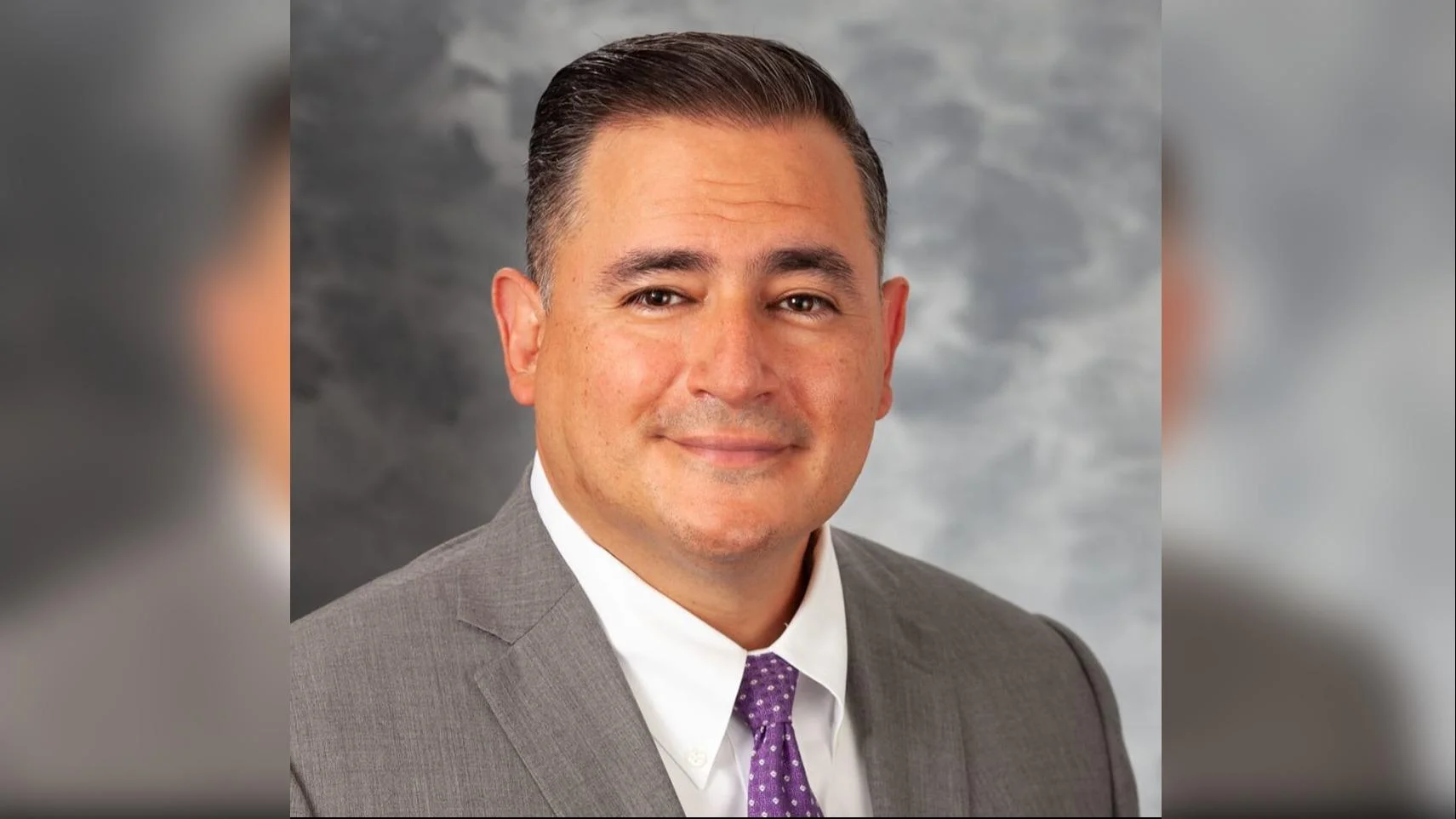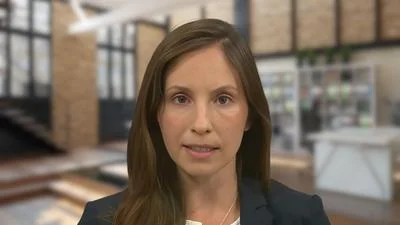Rudy Jackson Senior Vice President, Chief Nurse Executive | U. of Wisconsin Hospital and Clinics
Rudy Jackson Senior Vice President, Chief Nurse Executive | U. of Wisconsin Hospital and Clinics
UW Health has introduced a new option through its Specialty Mail Order Pharmacy to reduce paper usage alongside prescriptions. Traditionally, patients receive several pages of information with their prescriptions. However, UW Health now offers a paper-free alternative that allows patients to access necessary information through a simple QR code on their prescription receipt. This QR code can be scanned with a smartphone, providing a link to medication information, educational videos, medication images, and pharmacy contact details.
Aaron Webb, Director of Pharmacy Services at UW Health, explained, "Prescription instructions can add up to more than a dozen printed pages for just one prescription. That’s a lot of paper when you think about how many prescriptions we fill in a year." While the new process supports environmental sustainability, printed prescription information is still available upon request.
Webb praised the initiative for significantly reducing waste, stating, "We estimate this initiative will reduce waste by more than two million sheets of printed paper per year, as well as associated printing supplies, and it provides options for patients to receive information about their prescriptions in a way that best suits them."
This initiative is part of UW Health's broader commitment to sustainability. Since 2021, the Specialty Mail Order Pharmacy has implemented sustainable practices, such as using recyclable materials for pill bottles, medication coolers, and ice packs, which are now compostable or recyclable. These practices prevent thousands of items from ending up in landfills annually.
Additionally, UW Health offers take-back bins for unused medications at several pharmacies in Madison. This has helped remove more than 800 pounds of pharmaceutical waste from waste streams each year.
"We are committed to reducing our environmental footprint in whatever way we can," Webb said. "We’re glad to do this in a way that’s also convenient for our patients."






 Alerts Sign-up
Alerts Sign-up